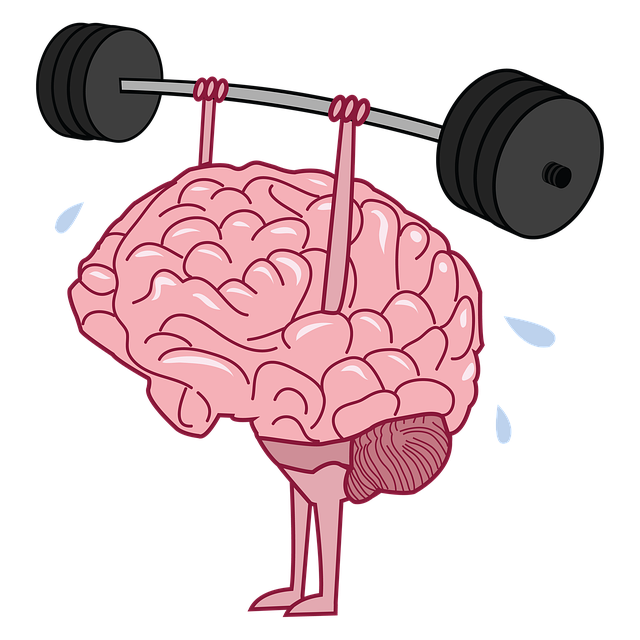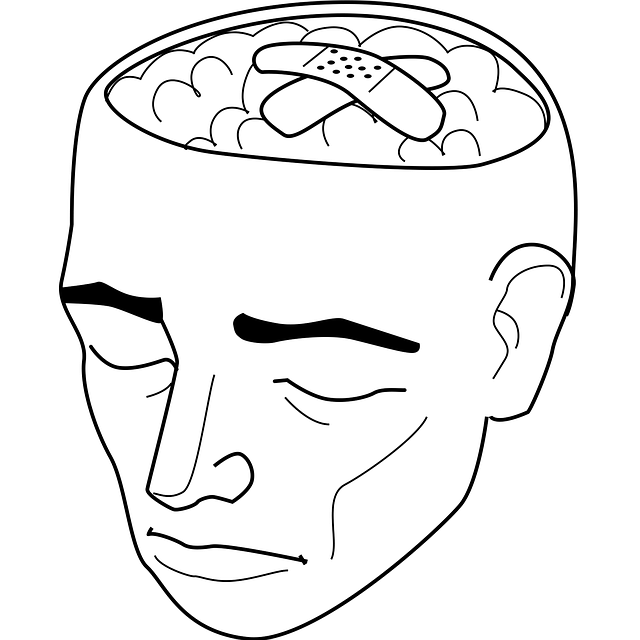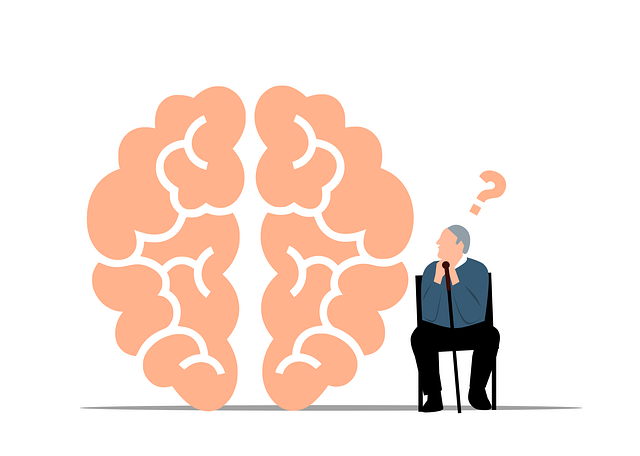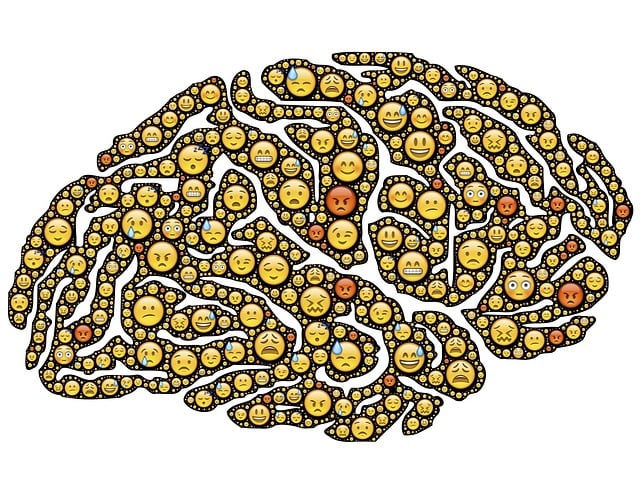Social Skills Training, especially through Colorado Springs' renowned Exposure and Response Prevention (ERP) Therapy, is a powerful method for managing mental health conditions. ERP combines exposure therapy with response prevention to help individuals confront social fears, learn coping strategies, build confidence, and improve relationships. This evidence-based approach, coupled with self-care practices and emotional intelligence development, enhances quality of life for those seeking effective anxiety and depression treatment in Colorado Springs. Public awareness and support play a vital role in fostering understanding and positive outcomes.
Social skills training is a powerful tool for individuals navigating mental health conditions, offering a path to enhanced well-being. This comprehensive guide explores how specialized programs, such as Colorado Springs Exposure and Response Prevention Therapy, can transform social interactions. We delve into the challenges faced by those with mental health issues in social settings and present effective strategies for building confidence and resilience. Through real-life success stories, we demonstrate the profound impact of social skills training, providing hope and practical insights for a better tomorrow.
- Understanding Social Skills Training for Mental Health Conditions
- The Role of Exposure and Response Prevention Therapy in Colorado Springs
- Identifying Challenges in Social Interactions for Individuals with Mental Health Issues
- Strategies for Building Effective Social Skills
- Success Stories and Real-Life Applications of Social Skills Training
Understanding Social Skills Training for Mental Health Conditions

Social Skills Training plays a pivotal role in addressing mental health conditions, offering a structured approach to enhance interpersonal interactions and overall well-being. This type of therapy focuses on teaching individuals effective communication strategies, empathy, and appropriate social behaviors tailored to their unique needs. By participating in Social Skills Training, individuals with mental health challenges can build confidence in social settings, improve their ability to manage relationships, and ultimately, foster a stronger sense of belonging.
In Colorado Springs, Exposure and Response Prevention (ERP) Therapy combines exposure therapy with response prevention techniques to address anxiety disorders, offering a promising approach for enhancing social skills. ERP helps individuals gradually face feared social situations, learning to manage their responses and reduce avoidance behaviors. This process enables them to develop inner strength, cultural sensitivity in mental healthcare practice, and improved coping mechanisms, leading to better outcomes in both personal and professional aspects of life.
The Role of Exposure and Response Prevention Therapy in Colorado Springs

In Colorado Springs, Exposure and Response Prevention Therapy (ERP) stands out as a powerful tool in addressing mental health conditions, particularly those rooted in anxiety and depression. This evidence-based approach is built on the foundational principles of Mind Over Matter, encouraging individuals to confront and manage their fears and triggers directly. Through carefully structured exposure exercises, patients learn to modify their responses to stressful situations, breaking down the barriers that can isolate and exacerbate conditions like depression.
ERP goes beyond mere avoidance or suppression, integrating Self-Care Practices into its core methodology. By teaching individuals healthy coping mechanisms and stress management techniques, ERP empowers them to take charge of their mental well-being. This proactive approach not only prevents relapse but also fosters a sense of agency and resilience, ultimately enhancing the quality of life for residents in Colorado Springs seeking effective depression prevention strategies.
Identifying Challenges in Social Interactions for Individuals with Mental Health Issues

Individuals with mental health conditions often face unique challenges when it comes to social interactions due to symptoms such as anxiety, depression, or psychosis. These challenges can significantly impact their daily lives and overall well-being. For instance, individuals suffering from social anxiety may experience intense fear in social settings, leading to avoidance behaviors and difficulties forming connections. Similarly, those with bipolar disorder might struggle with emotional regulation during social exchanges, causing impulsive statements or behavior that alienates others. In Colorado Springs, exposure and response prevention therapy (ERPT) has proven effective in addressing these issues by gradually exposing individuals to anxiety-provoking situations and teaching them adaptive coping strategies.
Public awareness campaigns development and crisis intervention guidance are essential components in supporting those with mental health struggles. By raising awareness about the signs of distress and available resources, communities can foster an environment where individuals feel understood and encouraged to seek help. Moreover, crisis intervention training equips professionals and bystanders with the skills to provide immediate support during a mental health crisis, potentially preventing further deterioration and promoting positive outcomes. Enhancing emotional intelligence through education and practice also plays a crucial role in improving social interactions, as it enables individuals to recognize and manage their emotions while empathizing with others.
Strategies for Building Effective Social Skills

Building effective social skills involves a combination of structured techniques and emotional intelligence development. For individuals navigating mental health conditions, Colorado Springs Exposure and Response Prevention Therapy (ERP) offers a powerful tool. This evidence-based approach helps clients confront fears and anxieties in safe, controlled environments, fostering confidence in social interactions. By gradually facing stressors, individuals learn to manage their responses, leading to improved engagement and communication with others.
Complementing ERP, the Mental Wellness Podcast Series Production can provide ongoing support and guidance. Educational content featuring experts in emotional intelligence offers valuable insights into understanding and regulating emotions. This, coupled with practical exercises designed to enhance interpersonal connections, contributes to overall mental wellness. Anxiety Relief techniques taught through these resources empower individuals to manage their symptoms, fostering a sense of control and improving their ability to engage meaningfully in social situations.
Success Stories and Real-Life Applications of Social Skills Training

Social Skills Training has proven to be a game-changer for many individuals living with mental health conditions, offering them tools to navigate social interactions with increased confidence and ease. One notable example is the success of Exposure and Response Prevention (ERP) Therapy in Colorado Springs, where this evidence-based approach has empowered clients to confront their fears in safe, controlled environments. By gradually exposing themselves to socially challenging situations, individuals learn to manage anxiety and develop effective coping strategies, ultimately enhancing their overall well-being.
The real-life applications of social skills training extend beyond the clinic walls. It fosters cultural sensitivity in mental healthcare practice by encouraging professionals to understand and appreciate diverse backgrounds and experiences. Moreover, it facilitates resilience building through self-awareness exercises, helping individuals recognize and challenge negative thought patterns. This comprehensive approach not only prepares clients for successful social engagements but also equips them with the emotional fortitude to navigate life’s complexities.
Social skills training, particularly through innovative approaches like Colorado Springs Exposure and Response Prevention Therapy, offers a promising path toward improving social interactions for individuals struggling with mental health conditions. By addressing specific challenges and implementing effective strategies, this form of therapy empowers people to build confidence in social settings. With success stories illustrating the transformative power of such training, it’s clear that investing in these programs can lead to improved mental well-being and enhanced quality of life for those navigating the complexities of mental health issues in Colorado Springs and beyond.










